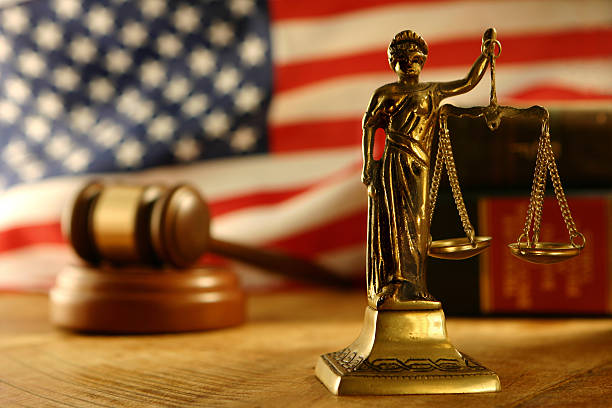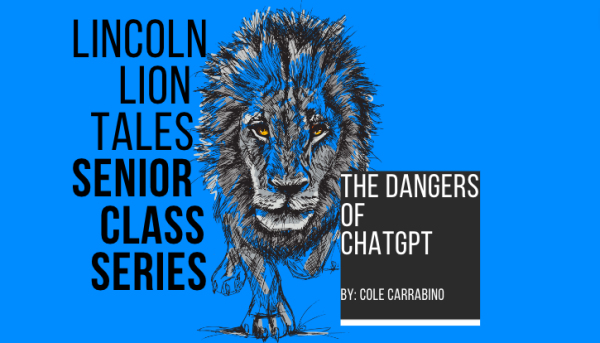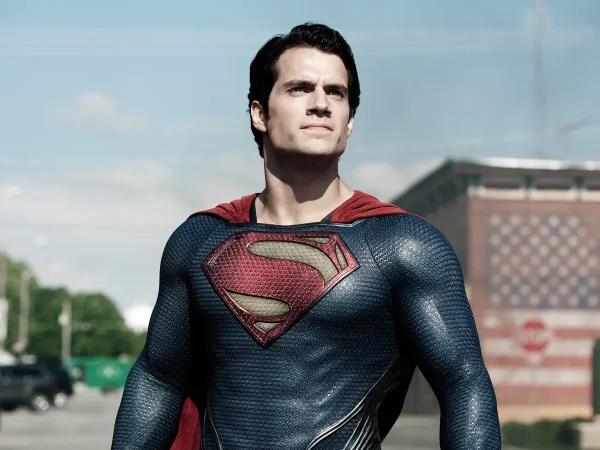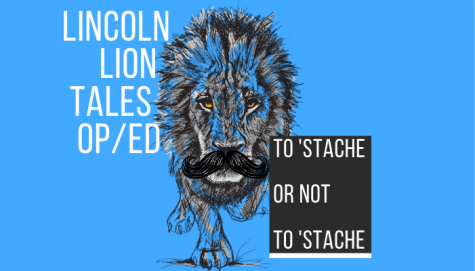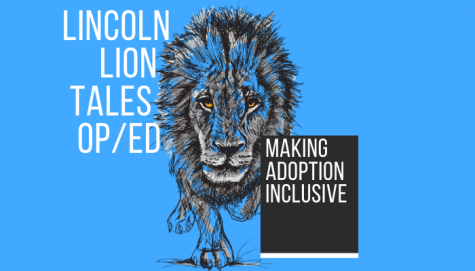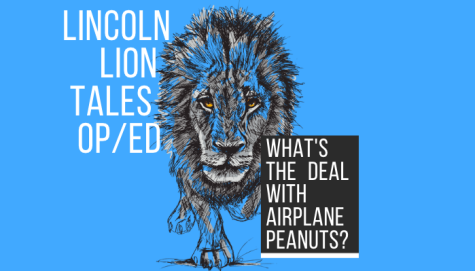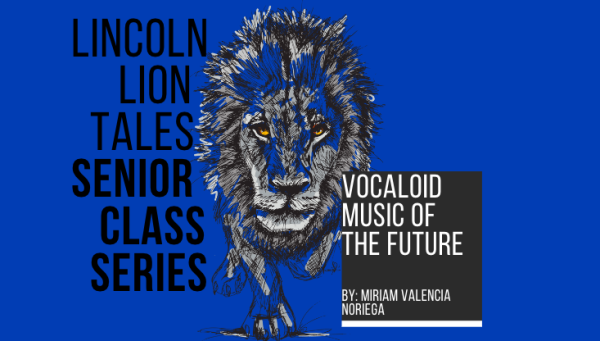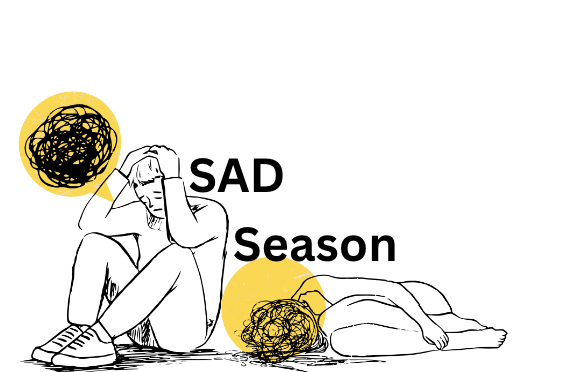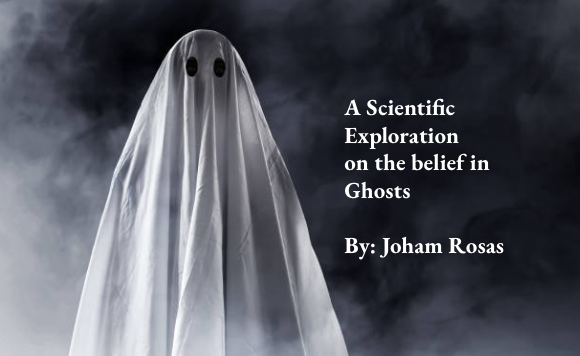Opinion: It’s Called Free Speech for A Reason
When you are a child, you may be told that the Constitution protects your rights to speak, to worship, to think, and to assimilate to whichever view you find appealing. When you are in senior year civics, you are told that the Constitution is the ultimate law and that it cannot be infringed upon. Then in adulthood, you exercise your rights by voting, rallying, supporting a certain political party, and having civil political discussion.
It seems that on a few college campuses today, whatever you have to say is not welcome if it is not inclusive, polite, politically correct, and, most importantly, not coming from a liberal.
Take former Breitbart editor and proud liberal agitator, Milo Yiannopoulos’ visit to the University of California, Berkeley to speak to a group of students. His appearance was cancelled after about “150 masked agitators” came to riot. Many broke windows, threw rocks and Molotov cocktails, tried breaking through barriers, and destroying anything they could, causing $100,000 worth of damage.
Fast forward seven months, another conservative speaker, Ben Shapiro, came to speak. Ben Shapiro, like Yiannopoulos, was a former Breitbart editor and a prominent political commentator. UC Berkeley was so afraid of similar violence, they spent $600,000 on security. Nine people were arrested and tensions rose about whether or not UC Berkeley can even host conservative speakers without causing huge protests and violence.
The irony of it all is that in the 1960s, Berkeley was the epicenter of the free speech movement. Berkeley was a hub for the New Left and within all the anti-Vietnam War and pro-Civil Rights sentiment, students wanted the ability to profess it. It all started with one table, one student who refused to show identification, and all of a sudden, 3,000 students surround a police car to protest one getting arrested.
In today’s world, specifically the United States, the right to freely speak one’s mind is a fundamental right of all humans. The fact that people, day after day, claim that certain forms of speech are “not protected” or that “they should be banned.”
In a New York Times article by K-Sue Park, tears apart the American Civil Liberties Union (ACLU) for suing Charlottesville, Va., to allow a white supremacist rally to go on. She is horrified and shames the ACLU for “provides free legal support to hate-based causes.” The ACLU’s mission is not to pick and choose who they defend or who they sue. They have a commitment to uphold certain pillars of democracy and if it deems that certain opinions are being suppressed, that is a violation of the Constitution.
It is not easy living in a Republic where everyone you meet has different views that you. Trying to go through life acting as though everything everyone says doesn’t bother you is foolish. But free speech is not a one way street. The same rights that allow you to vent on Twitter or protest in the street is the same right that allows the white nationalist groups to exist and people to write hateful, deplorable posts on Facebook. I don’t condone the hateful stuff some people say; I condone their ability to say it.
Free speech all ties back to the idea of the marketplace of ideas. Supreme Court Justice Oliver Wendell Holmes Jr.’s term, he invented in 1919, has become forgotten in all the attempted censorship. The marketplace of ideas, the theory that idea can, and should, be discussed in an open, public area and that the truth will rise out of it eventually. The Supreme Court has constantly held that since Brandenburg v. Ohio in 1969. Even before that, speech had been suppressed for communists and violators of the Sedition Act until these kinds of rulings. If free speech had been unclear until 1969, we should do our best to keep it clear and not do anymore harm to it like we did for so many years before.
Andrew Yslava is a senior at Abraham Lincoln High School in San Jose, Calif. Born and raised in the heart of the Silicon Valley, he spends his spare time...


